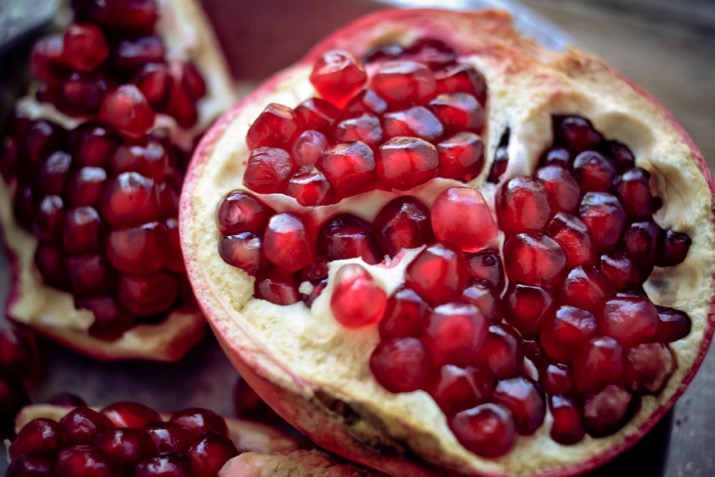A Tiny Fruit, A Mighty Punch
Pomegranates, with their vibrant red color and jewel-like seeds, have been prized for centuries for their beauty, taste, and health benefits. This ancient fruit, often referred to as a “superfood,” is packed with antioxidants and other essential nutrients.
Nutritional Powerhouse
Pomegranates are a rich source of:
- Vitamin C: A potent antioxidant that boosts immunity.
- Vitamin K: Important for blood clotting and bone health.
- Potassium: Essential for maintaining healthy blood pressure.
- Fiber: Aids in digestion and promotes satiety.
- Antioxidants: Help protect cells from damage caused by free radicals.
Health Benefits
- Improved Heart Health: The antioxidants in pomegranates help reduce the risk of heart disease.
- Boosted Immunity: Vitamin C strengthens the immune system and protects against infections.
- Antioxidant Protection: The antioxidants in pomegranates help protect cells from damage caused by free radicals.
- Cancer Prevention: Some studies suggest that the antioxidants in pomegranates may help reduce the risk of certain types of cancer.
- Improved Digestion: The fiber content in pomegranates promotes healthy digestion and prevents constipation.
Culinary Versatility
Pomegranates are incredibly versatile and can be enjoyed in many ways:
- Fresh: A delicious and refreshing snack.
- Juiced: A sweet and tangy beverage.
- Cooked: Used in sauces, stews, and desserts.
- Salads: A unique and flavorful addition.
- Yogurt: A healthy and delicious topping.
Choosing and Storing
When selecting a pomegranate, look for a fruit that is heavy for its size and has a deep red color. Avoid pomegranates with soft spots or mold. To store a whole pomegranate, keep it at room temperature. Once cut, store the seeds in an airtight container in the refrigerator.
Conclusion
Pomegranates are a nutritious and delicious fruit that offers a wide range of health benefits. By incorporating these ruby jewels into your diet, you can boost your overall well-being and enjoy their unique flavor.
